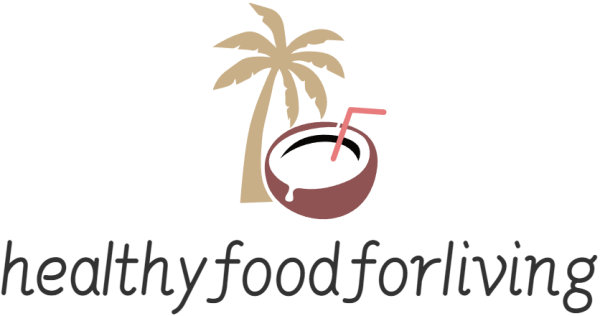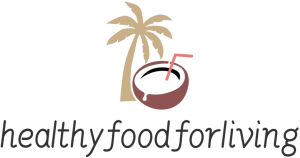In today’s fast-paced world, maintaining a robust immune system has become more crucial than ever. With the increasing exposure to pathogens and the daily stresses of modern life, ensuring our body’s defense mechanism is in top shape is a priority for many. This essay explores the significant impact that diet adjustments can have on enhancing immune health, offering practical advice and scientifically backed recommendations to boost immunity through nutrition.
The Foundation of Immunity: Understanding the Basics
The immune system is a complex network of cells, tissues, and organs that work in unison to defend the body against foreign invaders such as bacteria, viruses, and toxins. The functionality of this system is highly dependent on the nutrients we provide our body. Certain vitamins, minerals, and other nutrients play critical roles in supporting immune responses, and deficiencies in these can lead to a compromised ability to fight infections.
Key Nutrients for Immune Support
Several nutrients are vital for the proper functioning of the immune system. Vitamin C, a well-known immune booster, helps stimulate the production of white blood cells, which are crucial in fighting infections. Foods rich in Vitamin C include oranges, strawberries, spinach, and bell peppers. Another essential nutrient is Vitamin D, which modulates the immune response and can reduce the risk of viral infections. Vitamin D can be obtained from sunlight exposure, fortified foods, and supplements if necessary.
Zinc is another mineral that has been found to be essential for immune function. It helps in the development and function of immune cells. Meat, shellfish, legumes, seeds, and nuts are excellent sources of zinc. Furthermore, selenium, found in Brazil nuts, fish, and eggs, has antioxidant properties that help lower oxidative stress in the body, thereby enhancing immunity.
Dietary Adjustments for Enhanced Immunity
To boost the immune system, it is not only important to include foods rich in the above nutrients but also to consider overall dietary patterns. A diet high in fruits, vegetables, lean proteins, whole grains, and healthy fats supports immune health by providing a variety of nutrients and antioxidants that protect the body against harmful pathogens.
Incorporating probiotics into the diet is another effective strategy for enhancing immune function. Probiotics, which are live beneficial bacteria, help in maintaining gut health, which is crucial for immune health. Yogurt, kefir, sauerkraut, and miso are examples of probiotic-rich foods.
Moreover, it is essential to limit the intake of sugar and processed foods. High sugar consumption can lead to inflammation and reduce the effectiveness of white blood cells, impairing the immune response. Opting for whole, unprocessed foods not only reduces sugar intake but also increases the intake of vital nutrients for immune support.
Herbal Supplements and Their Role in Immunity
In addition to dietary adjustments, certain herbal supplements can aid in boosting immune health. For instance, echinacea, garlic, and elderberry have properties that can help enhance resistance to illnesses. Echinacea is known for its ability to fight infections and boost immune cell activity, garlic has antiviral and antibacterial properties, and elderberry is rich in antioxidants that support immune defense.
Lifestyle Factors That Complement Dietary Efforts
While diet plays a crucial role in supporting immune health, it is part of a broader lifestyle approach. Regular physical activity, adequate sleep, hydration, and stress management are all important factors that influence immune function. Exercise promotes circulation, which allows immune cells to move through the body more effectively. Adequate sleep is crucial for the regeneration of immune cells, and managing stress through techniques such as meditation can reduce the toll that chronic stress takes on the immune system.









































